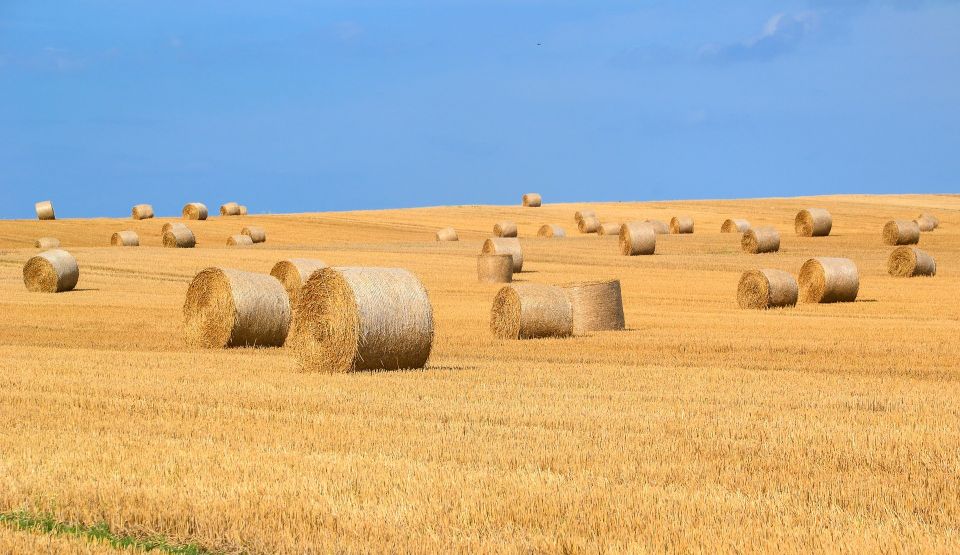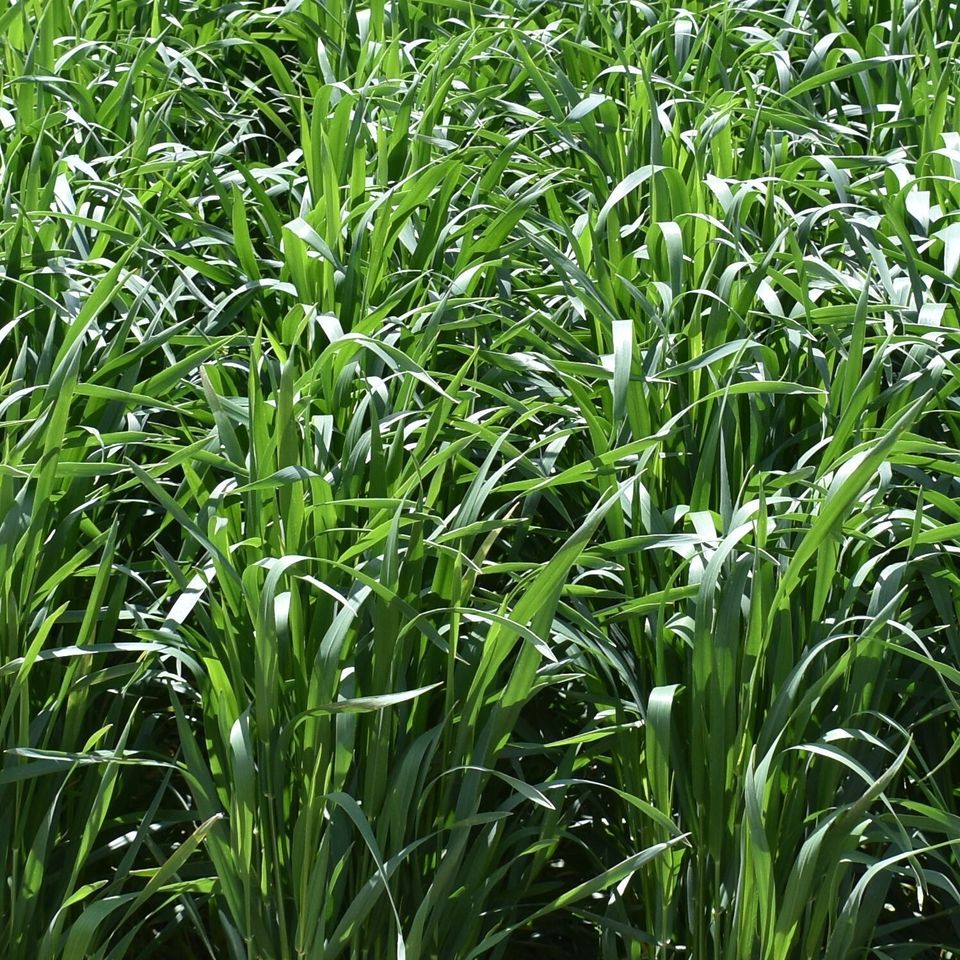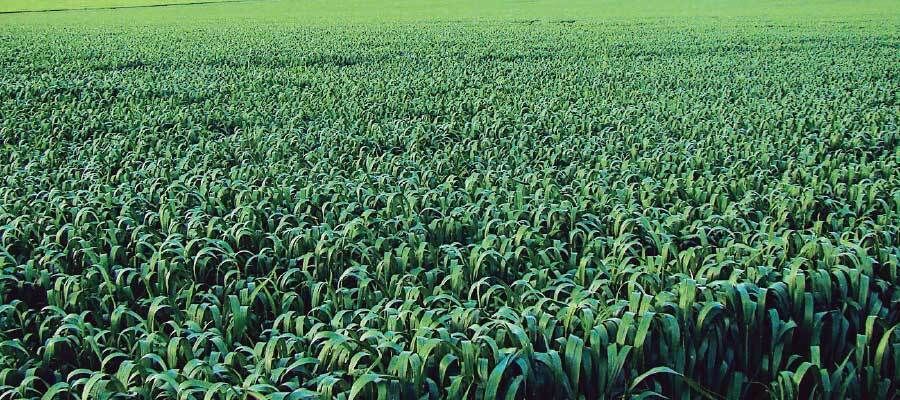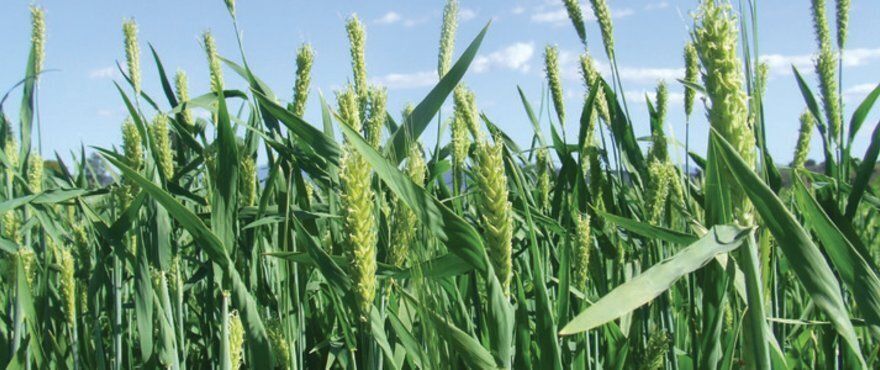Austrian Winter Peas
Austrian winter peas are a cool season legume. They showcase better cold tolerance than other field peas and are frequently planted as a fall, nitrogen producing cover crop or within food plot mixtures for forage. Small grains are usually combined with the peas to support upright growth.




